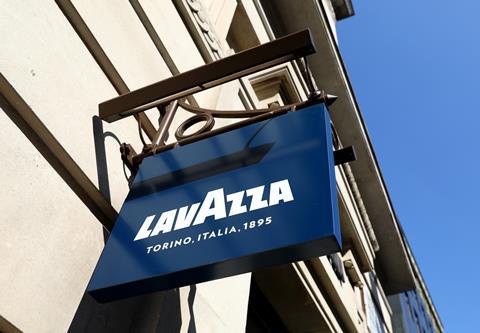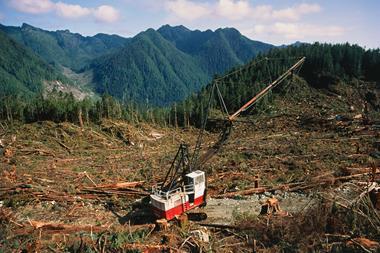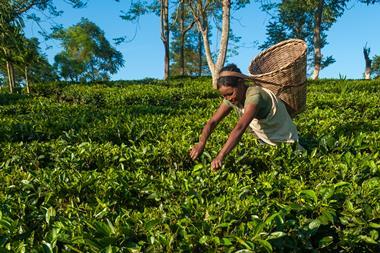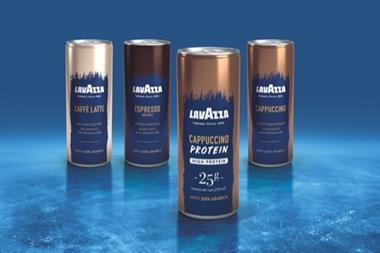
Coffee prices are on course to rise further from current record highs as poor harvests, supply chain disruptions and new EU deforestation regulations continue to hammer roasters, Italian group Lavazza warned.
Chairman Giuseppe Lavazza said the industry was used to fluctuations of prices in arabica beans, with futures of the variety in New York hitting $5,556 per tonne this week, the highest level since February 2022 and up 34% since the start of the year. However, an “unprecedented” surge in the price of robusta beans – used to make instant coffee and espresso – was piling further pressure on profit margins of coffee suppliers, he added earlier this week at an event at the Wimbledon tennis tournament, where Lavazza Group is a long-time official partner.
London robusta futures reached a new record high on Tuesday of $4,866 a tonne, surging 60% so far this year.
“We’ve never seen something like that in the history of our industry,” Lavazza said. “And what is very special is the long-lasting effect of this.”
A prolonged heatwave in Vietnam, one of the world’s largest producers of robusta beans, has led to poor harvests, with no sign of improvement in the country for the next crop at the end of the year.
Lavazza said coffee prices were going to stay “very high” as a result. “The coffee supply chain is dramatically under pressure,” he added.
Speculators have piled into the market as supplies have dried up, driving up costs further, with a strong dollar and conflict in the Red Sea creating “the perfect storm” for the industry.
Despite the challenges, the Lavazza Group managed to increase market share in 2023, with modest volume and value rises outperforming the wider contracting coffee market.
The Italian company, which generated revenues of more than $3bn in 2023, has attempted to keep the lid on price rises for consumers, with close cost management and absorbing substantial amounts of input cost inflation. The move hit profits last year, with EBITDA down from €309m to €263m.
As contracts for coffee are typically agreed by suppliers months in advance, higher commodity prices had yet to filter down to shelf-edge prices in stores in the UK, according to the latest analysis of the category in The Grocer in April.
Lavazza added the EU’s new Deforestation Regulation (EUDR) would also contribute to keeping prices high well into 2025.
The new rules, which come into effect at the end of the year, will put a stop to all coffee grown in recently deforested areas from being sold in EU member states.
But only 20% of farmers are ready to meet the regulation, with the majority in African and Asian countries yet to map out their plots. Lavazza said a majority of smallholder farmers lacked the necessary knowledge to meet the looming deadline.
He also criticised the new rules for creating an unfair playing field, with instant coffee not within the scope of the regulation because it is found in another section of the EU customs code.
Lavazza asked the European Commission to reconsider the implementation and timing of the EUDR, taking into account the challenges faced by small farmers, the lack of traceability systems in some regions, the disproportionate fines and the absence of guarantees regarding the amount of the fine.
“We believe that a collaborative approach, involving all stakeholders across all food supply chains, is necessary to find practical solutions that achieve the objectives of the EUDR while minimising unintended consequences.”



















No comments yet